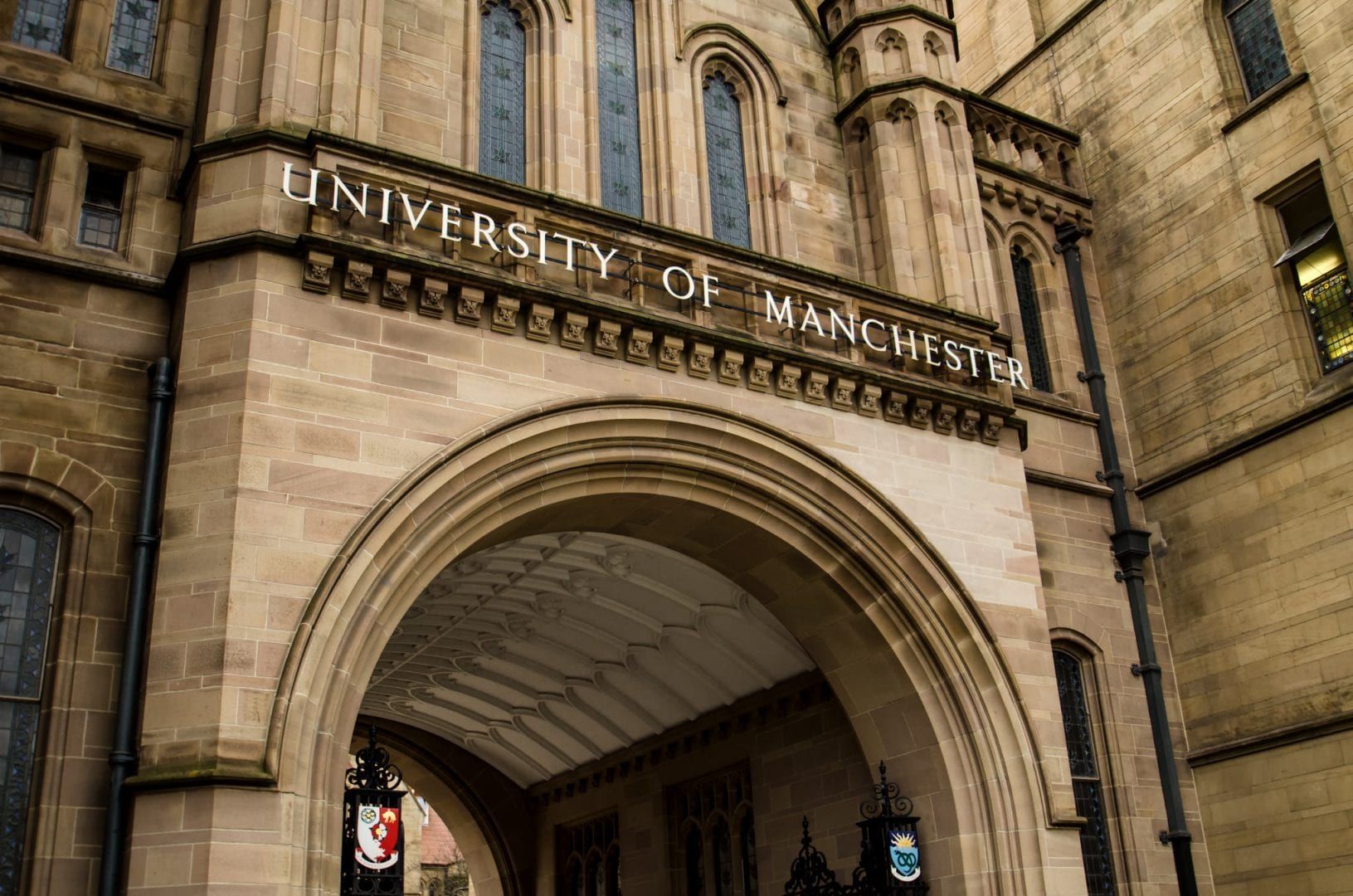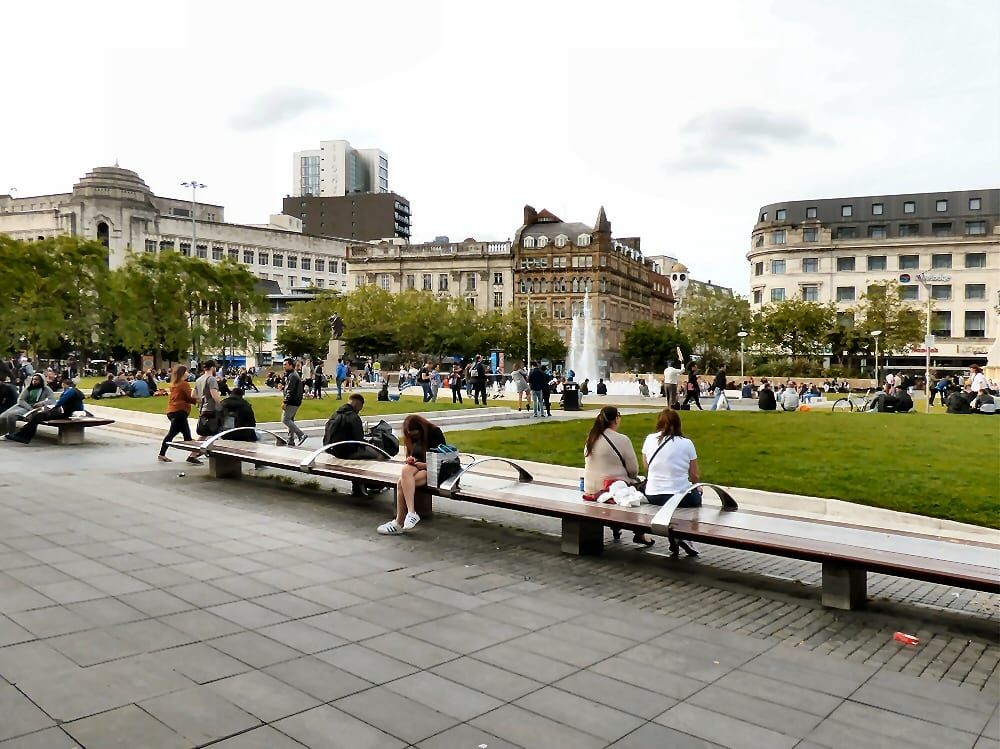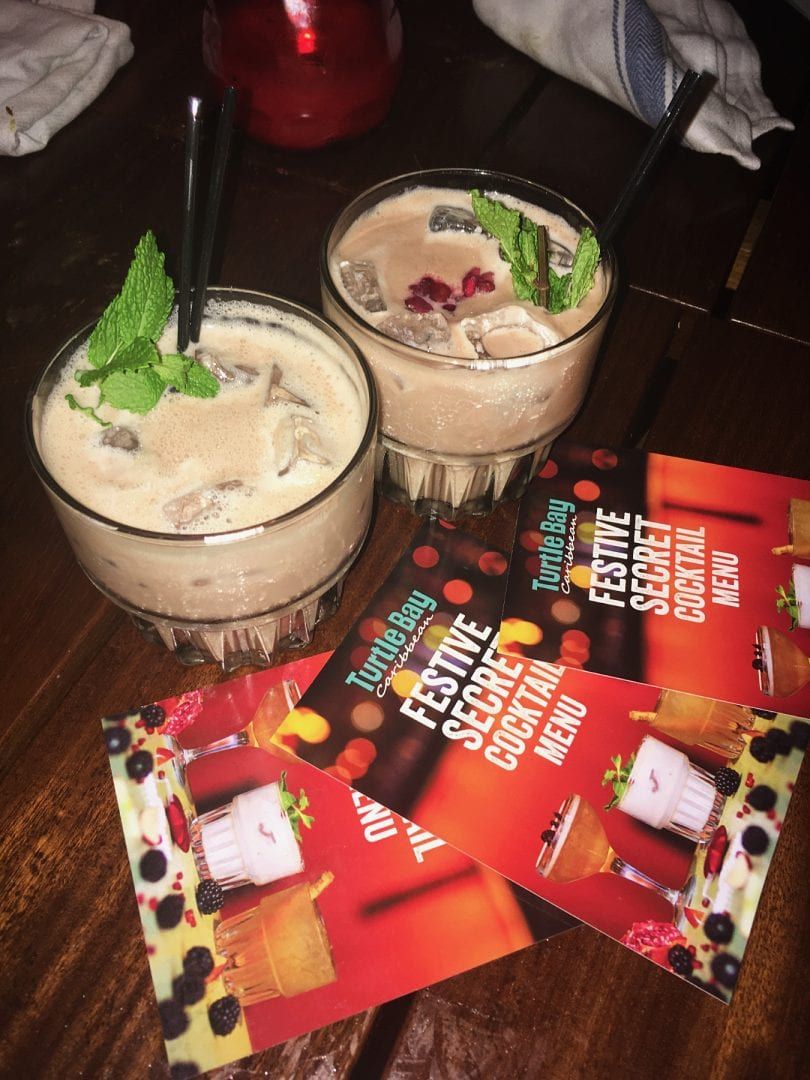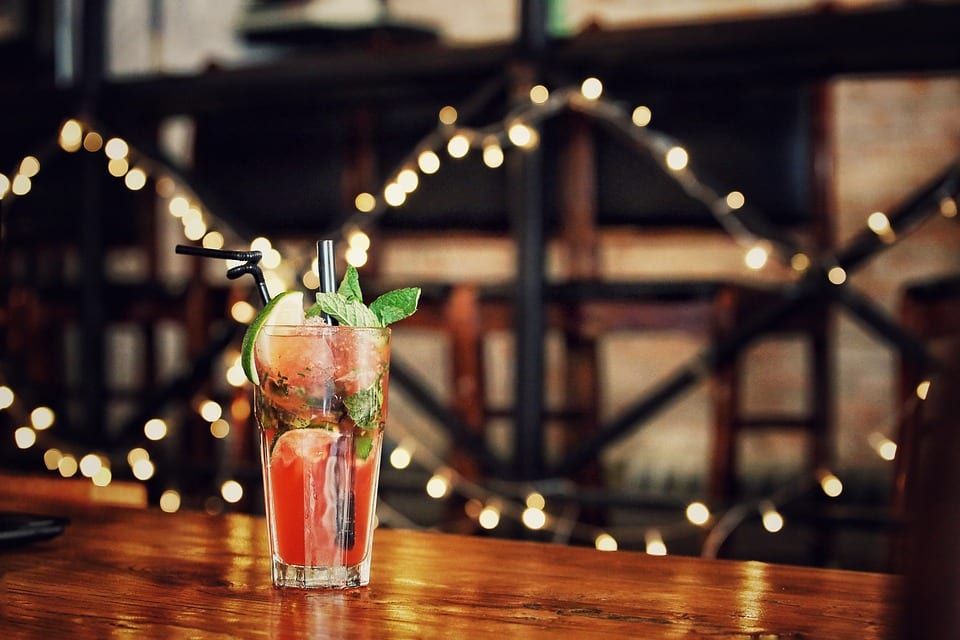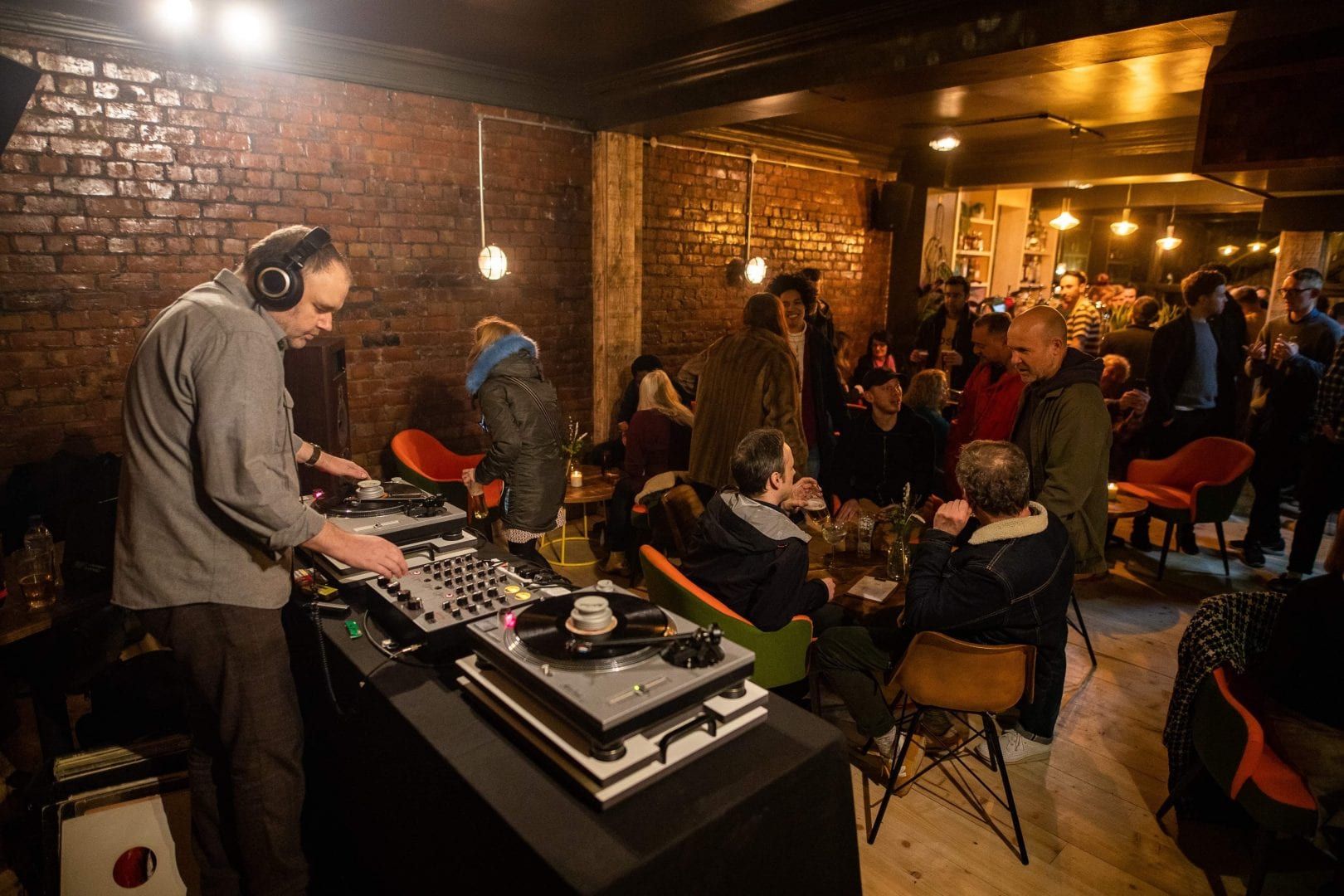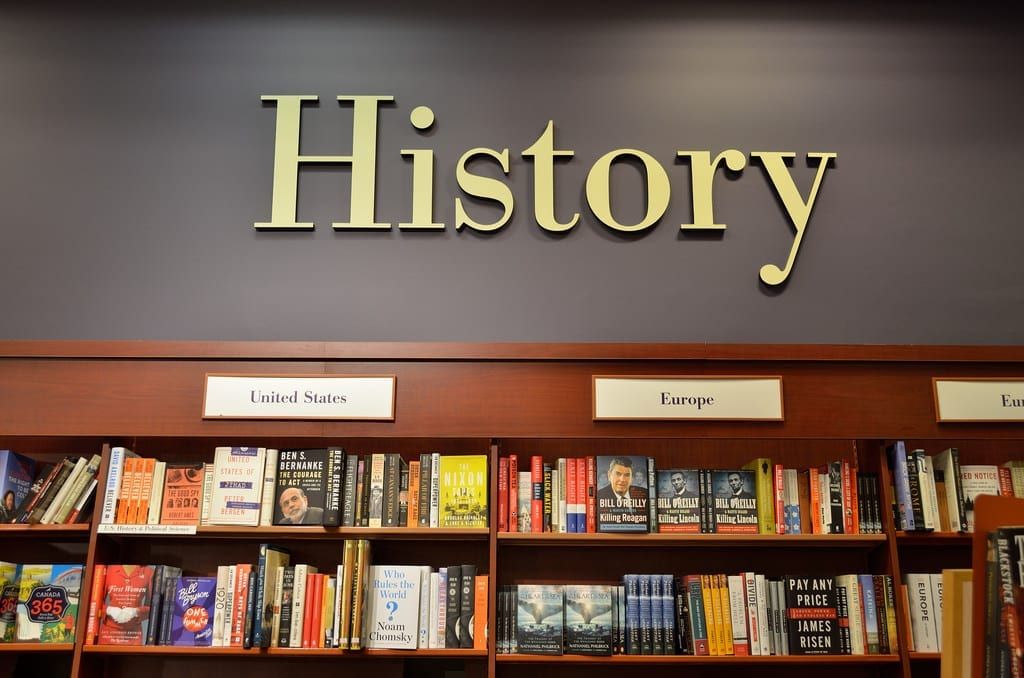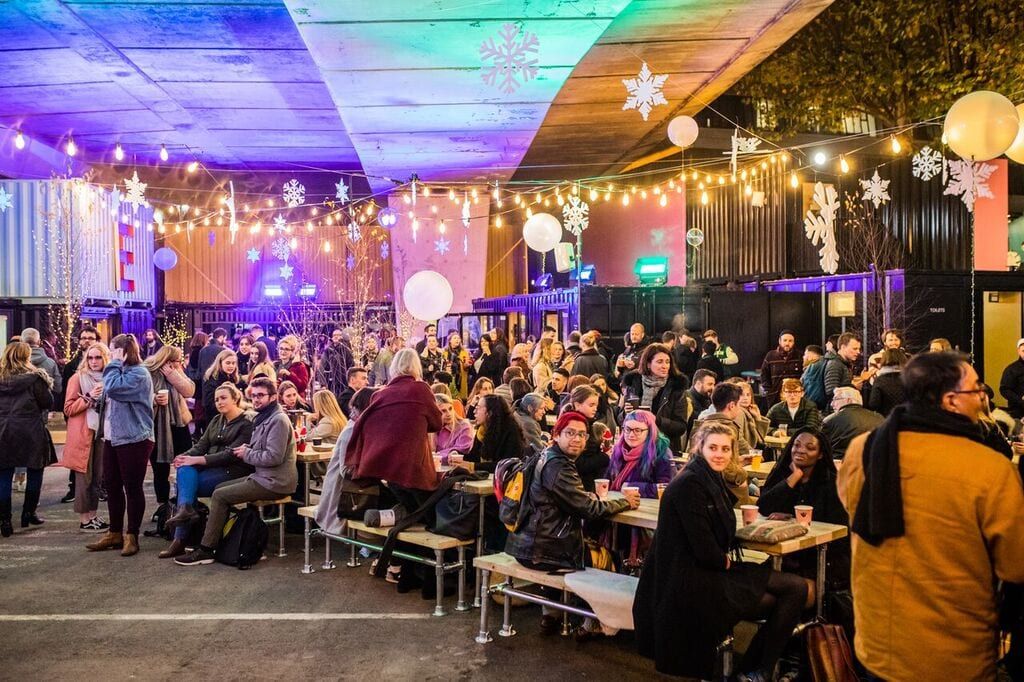Save money, scrimp on education
Future students could be given the option of two-year degree courses allowing them to make a saving of 20% compared to current tuition fees.
In an attempt to cut down on debt, the government is proposing intense 45-week long academic years to prospective university students.
Meanwhile, the institutions themselves would benefit by charging a higher annual fee. Parliament has not yet consented to the proposal but, if there is an agreement, accelerated courses could be on offer from as early as next year.
It is true that as students we are all eager to scrimp and save where we can, but would we really be prepared to jeopardise the university experience to shave a meagre £5,500 off of a debt the size of which most of us could not fathom anyway?
We all enter willingly into an agreement that for the price of a slightly reduced salary for the next 30 years, we will have the opportunity to further our knowledge in an area that interests us.
The majority of students do not have the funds available to them to pay tuition fees outright, and so enter readily into a loan that, let’s be honest, the consequences of which are pretty invisible.
The average 17-year-old could not grasp the concept of such a sum of money as £27,000. Besides convincing them that cutting down ‘the best years of your life’ to two for a £5,500 saving is worthwhile in the long run is not the kind of message we should be sending them.
Added to this, ask any student around campus today how they are feeling and I guarantee nine out of 10 answers will be ‘stressed’.
Students have a tendency to power through semesters, combining nights-out with sport matches, society meetings, 9ams and deadlines. A six-week stint in between Reading Week and Christmas is normally sufficient to render any student incapable of achieving anything meaningful during the Winter break.
Try stretching this out over a 45-week academic year and what do you end up with? A line of bleary-eyed, run-down, bloodstream-turned-to-caffeine students blinking up at you over exam papers.
University demands an incredibly intense lifestyle. Whether you do not end up taking a break because you want to profit from every opportunity, or simply because there is no TV in your first-year halls, those longed-for holidays at home are definitely essential for student well-being.
The proposition of a fast-track path towards a 2:1 at first glance seems like a step in the right direction. When most of us stop and consider however, for how many of us does the university experience solely boil down to the number stamped on you at the end of it?
When remembering the good old days, do we really want to sit there and tell our grandchildren about the 45 weeks we slaved away in the library? Surely the stories are instead going to come from the Christmas dinners with flatmates, sports initiations suffered, and spontaneous nights out; all those things we have time for because the degree spans three years.
At the end of the day, it boils down to the simple question of whether studying sums up a student, or whether you are allowed to have a life at the same time.



